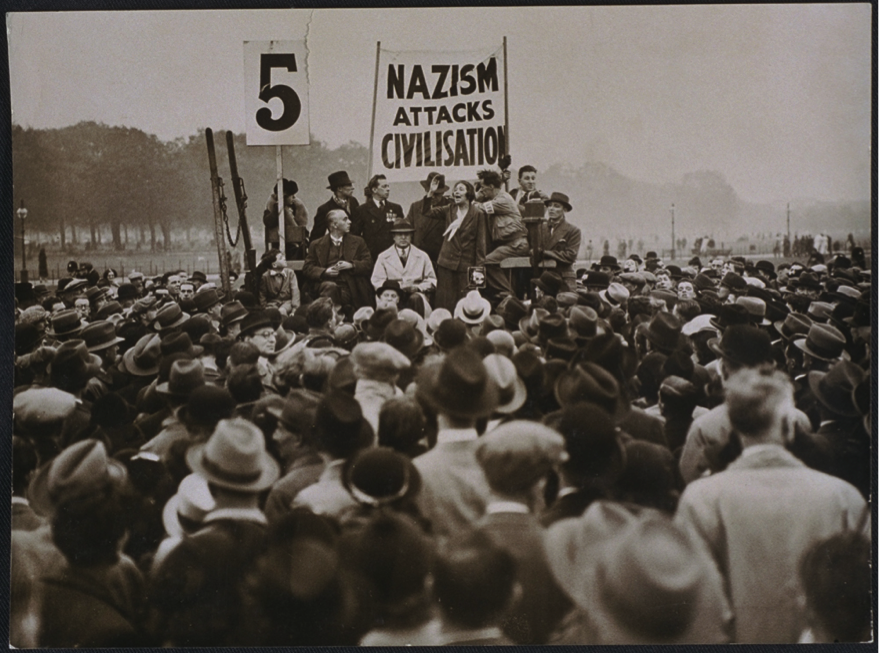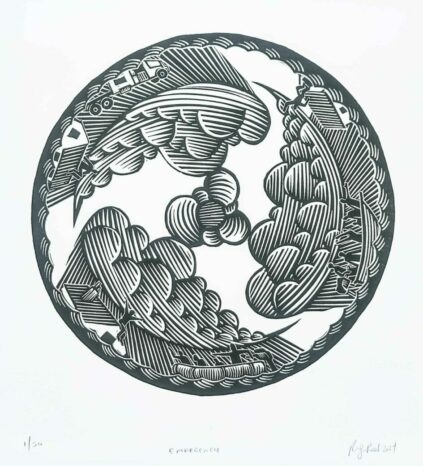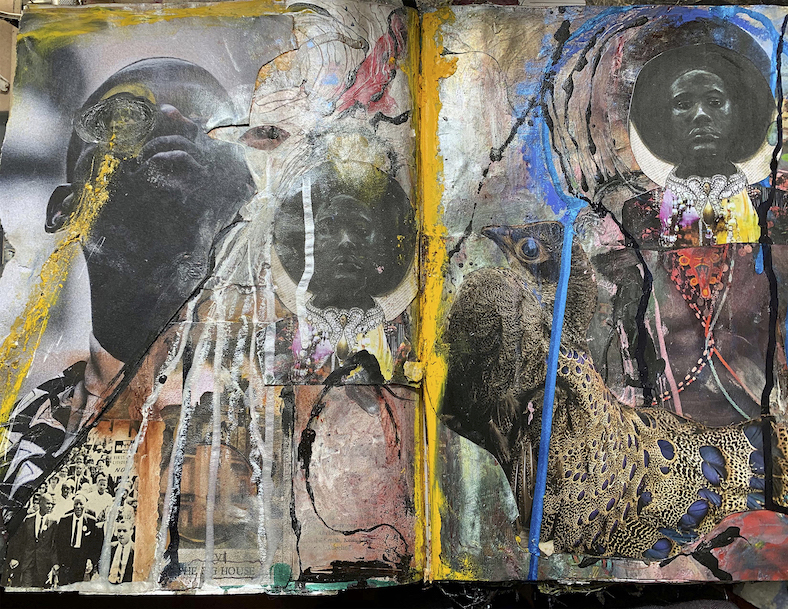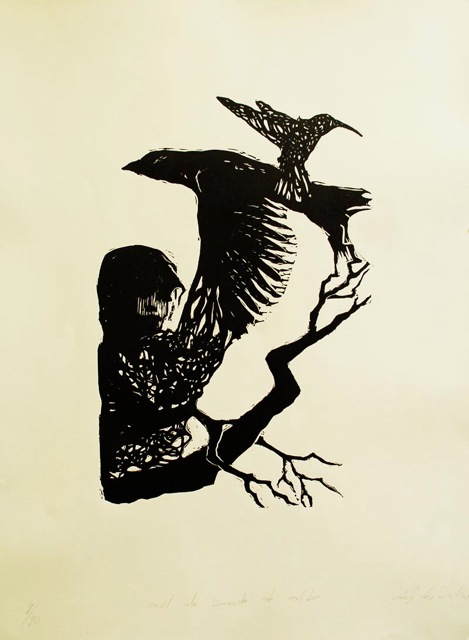
Since Trump’s election, fascism has barged onto center stage, moving more brazenly into public space, mainstream media and public discourse than it has in decades. This renewed and emboldened presence of overt fascism has been met by an explosion of analysis and discussion about its history and politics, and the conditions necessary for its emergence. A proportionally growing attention is also being paid to the history and politics of anti-fascism.
This is welcome, and it is crucially needed. However, it’s also true that the bulk of the writing and speaking on fascism and anti-fascism—the better-selling books, the high-profile interviews–are being done by white men.
Collective Care & Sustaining Social Change: Interview with Helia Rasti and Ashanti Alston
This interview is with social movement veterans who have sacrificed much, and learned a great deal, in trying to change the world. Each in their own way have gained valuable insights into the personal, interpersonal, and structural dynamics at play when confronting established power and … Read more






